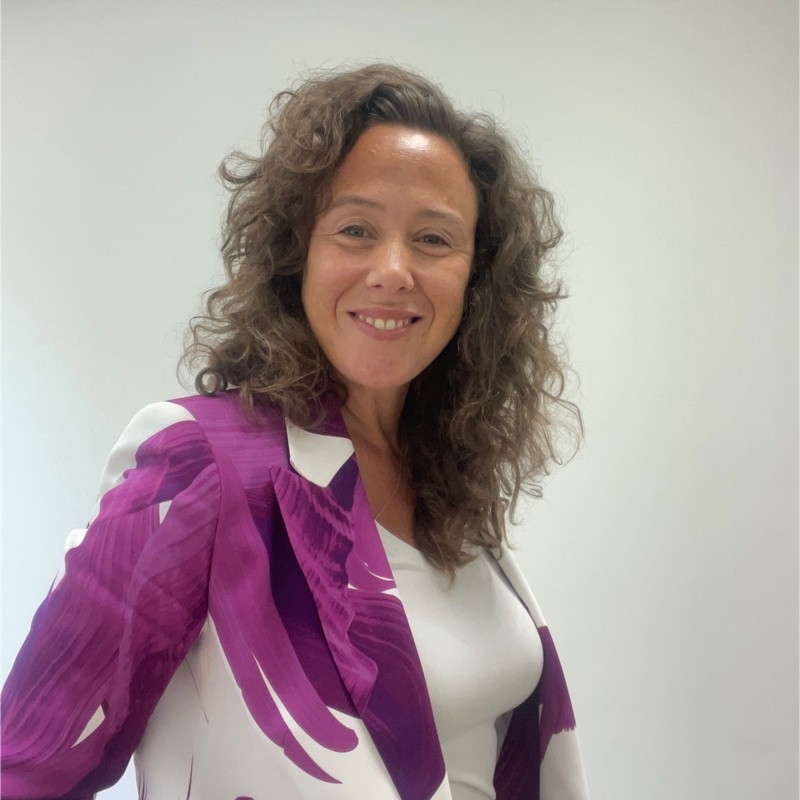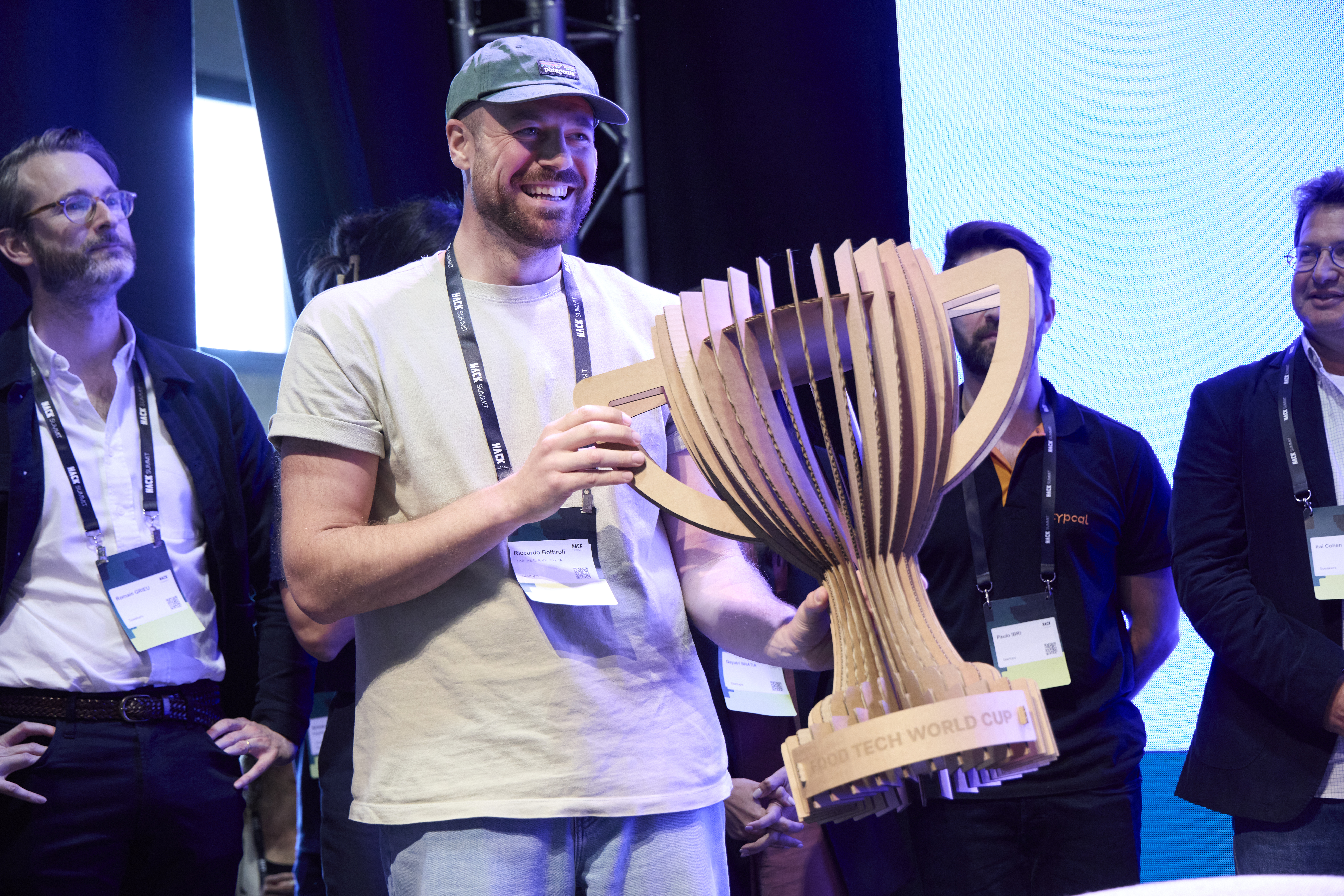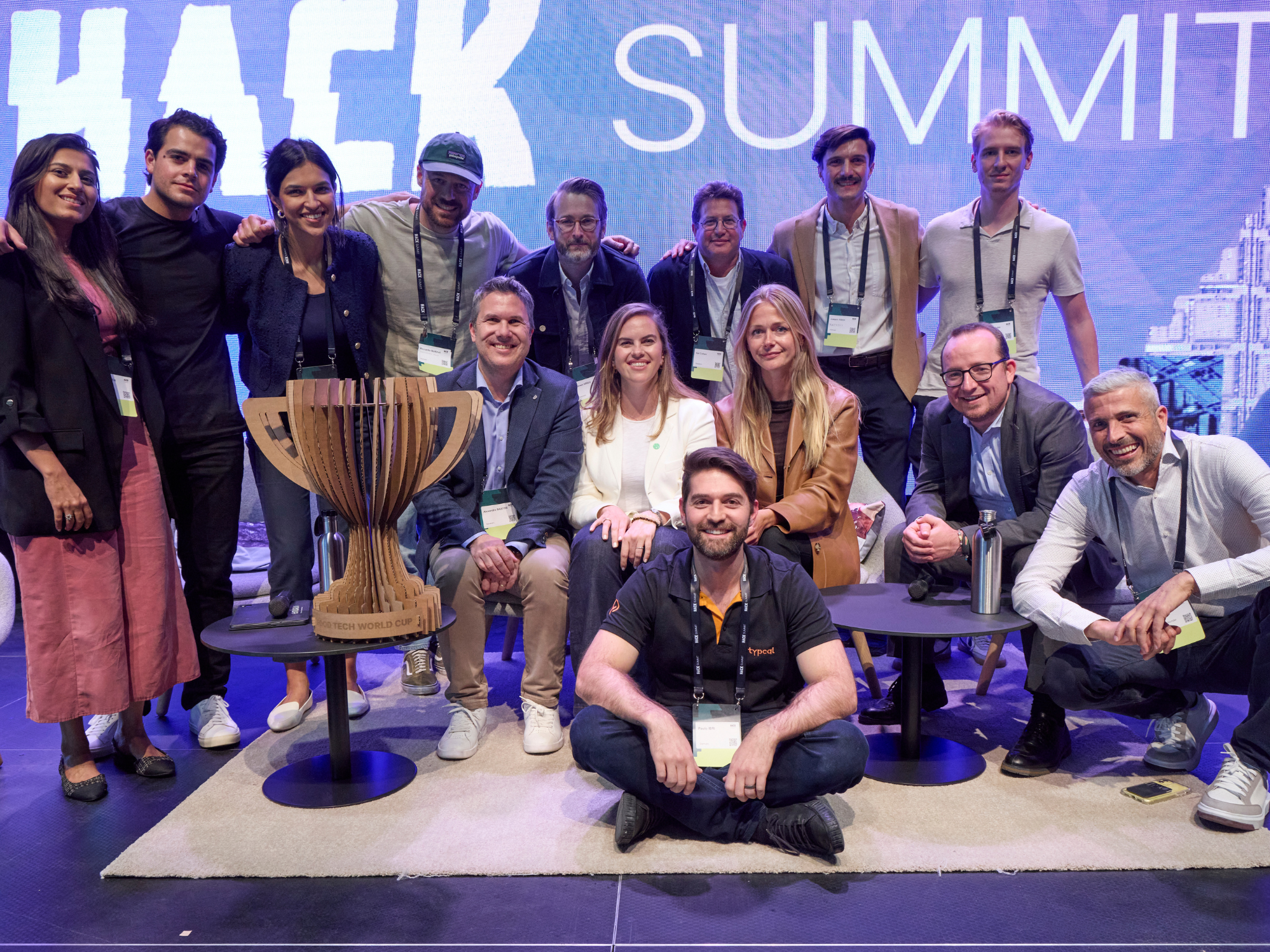FoodTech World Cup 2025: Nestlé & Givaudan Back Global Accelerator for Future Nutrition Startups
5 Mins Read
Food tech community FoodHack is back with the second edition of the FoodTech World Cup, launched in collaboration with Nestlé and Givaudan, with a special focus on nutrition.
Whether it’s brands targeting gut health amid the GLP-1 wave, apps like Zoe supporting glucose management, or Bryan Johnson’s quest for longevity, nutrition and wellness have never felt more critical to consumers’ food choices.
In the US, for example, the most common New Year’s resolution for 2025 was to eat healthier, a five-point increase from last year. This is also top of mind for Europeans, over half of whom want their diets to be more health-forward. And in Asia-Pacific, 45% of consumers want to improve their sleep this year, and the main way they plan to do that is through dietary change.
To supercharge nutrition-minded startups in the food tech economy, the world’s largest food company, Nestlé, and one of the largest ingredient and flavour houses, Givaudan, have teamed up with food tech community FoodHack for the FoodTech World Cup 2025.
The second edition of the tournament convenes 20 jurists, who will work with FoodHack and the two industry giants to uncover startups disrupting the future nutrition space with innovative and impactful technologies.
While Givaudan is a returning partner, Nestlé is joining the accelerator for the first time. “We are eager to create synergies with startups that are developing innovative compounds, technologies, or combinations beyond consumer-facing solutions,” Eugenia Barcos, startup programme lead at the Swiss company, tells Green Queen.
“Our goal is to accelerate the creation of differentiating nutritious solutions that have a positive impact on consumers, the planet, and society.”
Gut health, weight-loss focus chimes with Nestlé’s GLP-1 push

The tournament’s organisers are looking for startups developing deep tech solutions over six categories. The longevity vertical focuses on healthier ageing and wellbeing through nutrition, while immunity involves boosting the body’s natural defences, and energy centres around sustaining both physical and mental energy.
There’s also a focus on glucose management (with solutions supporting stable and balanced blood sugar levels), weight (to help people achieve healthy weight goals), and gut wellness (targeting the connection between the gut microbiome and overall health).
“We all recognise the significant role nutrition plays in weight management, and providing effective solutions – particularly in response to the GLP-1 trend – is a crucial focus for us,” says Barcos.
Drugs like Ozempic and Mounjaro have taken over our food and health conversations, with one in eight Americans having tried these weight-loss medications, and the number of regular users could reach anywhere between 10 to 70 million by 2028.
Nestlé itself responded to the shift with a new Vital Pursuit brand targeting GLP-1 users with affordable frozen foods and a GLP-1Nutrition website under its Health Science unit to provide nutritional support for people on weight-loss programmes.
“The R&D Accelerator at Nestlé Research in Lausanne is dedicated to translating our advanced science and technology into valuable business propositions across all our sectors,” says Barcos. “In the case of the GLP-1 platform, we are actively collaborating with our scientists to develop scientifically robust and differentiated solutions that can support individuals on their weight management journey.”

Internal innovation and external collaboration equally important
A total of 40 startups will be chosen from across the world to present to a panel of investors and corporate leaders over six virtual demo days. These judges include figures from VC firms Mudcake, Big Idea Ventures, Better Bite Ventures, and Catalyst Fund, among others*.
They’ll be looking to answer three main questions: how big and impactful the idea can be at its largest scale, why it’s the right team to take the idea to its largest form, and how well the tech can be scaled up. There will also be a focus on the uniqueness of the solutions, early traction and path to scale, and the founders’ understanding of the market opportunity.
The two most promising startups from each region (totalling 10) will be selected to pitch live at the finals, an official side event of the HackSummit – FoodHack’s partner climate conference in Lausanne, Switzerland – on May 15.
“We highly value working with startups because they have the ability to accelerate the development of unique solutions in strategic areas for us, such as longevity or regenerative agriculture, which can have a positive impact on consumers, society and the planet,” says Barcos.
For Nestlé, both internal innovation and external collaborations are vital for success. “Internal innovation allows us to leverage our extensive resources and expertise, while external innovation, particularly from startups, brings cutting-edge technologies that complement our own efforts,” she explains. “By combining the strengths of internal and external innovation, we adopt a dynamic and effective approach to address the challenges and opportunities in our industry.”

The winner of last year’s inaugural FoodTech World Cup was Italian cocoa-free chocolate maker Foreverland. “Partnerships with companies like Givaudan are essential for an early-stage startup like us as they can provide unique insights on the food industry and support our growth,” its co-founder and CTO, Riccardo Bottiroli, outlines.
“By teaming up with startups, we can spark new, creative approaches, and create faster, more agile, innovation pathways,” says Alexandre Bastos, head of front-end innovation at Givaudan. “We look forward to supporting more startups on their scale-up journey and to collaborating with them for a healthier, more sustainable future for all.”
Disclaimer: Green Queen founding editor Sonalie Figueiras is a jurist at the 2025 FoodTech World Cup.



